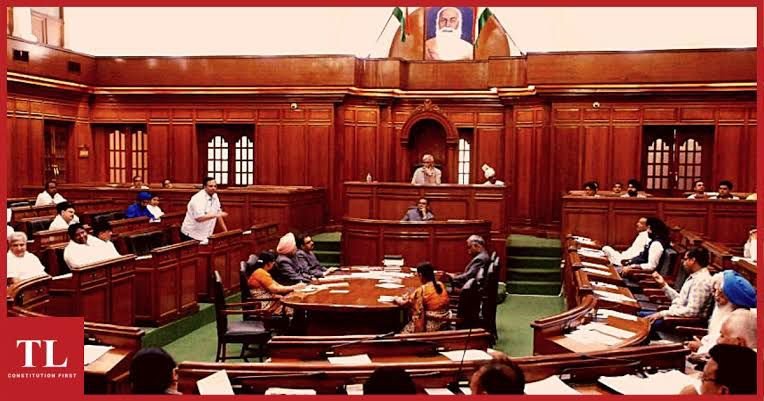THE Supreme Court On Marginalized Groups SC-ST GROUPS.
Supreme Court On Marginalized Groups SC-ST – The Supreme Court’s constitution bench of 7 judges has granted the authority to create sub-classifications within Scheduled Castes (SC) and Scheduled Tribes (ST). The aim is to provide job and educational opportunities to those who are more marginalized within these groups.
This means that there will be sub-groups within SC and ST that will receive extra or special provisions to help them progress further.
In a significant decision made by 7 judges, the Chief Justice of India, DY Chandrachud, and 6 other Supreme Court judges were in agreement, while one judge Justice Bela Trivedi disagreed with the ruling. In the 2004 case of EV Chinnaiah vs. State of Andhra Pradesh, a 5-judge bench had overturned a previous decision.
In the current bench, besides Chief Justice DY Chandrachud, the judges involved were Justice BR Gavai, Justice Vikram Nath, Justice Pankaj Mithal, Justice Manoj Misra, and Justice Satish Chandra Mishra. Each of these judges wrote separate judgments, and one judge’s opinion was disagree one.
During the hearing, the Supreme Court was informed that it was in favor of sub-classification within the ST (Scheduled Tribes) and SC (Scheduled Castes) categories. Chief Justice DY Chandrachud observed that there is a difference between sub-classification and sub-categorization.
Sub-classification refers to smaller categories within the ST and SC groups, while sub-categorization means dividing the reserved category community itself.

The Chief Justice also mentioned that states might need to sub-categorize reserved categories to provide greater benefits and better assistance to marginalized communities.
The Chief Justice explained that members of SC and ST communities often face systemic discrimination that hinders their progress. On the basis of Article 14, he allowed sub-classification within the caste categories.
justice BR Gavai mentioned that he referred to a speech by Dr. BR Ambedkar from 1949, in which Dr. Ambedkar stated that political democracy is of no use without social democracy.
In his opinion, Justice BR Gavai stated that within the SC (Scheduled Castes) category, each caste faces its own unique challenges and levels of backwardness. He emphasized that reservations should not be used for political gain but should be aimed at addressing the reality of these challenges.
On the other hand, Justice Bela Trivedi, who disagreed with the majority judgment, stated that the process was not proper and that there was no valid explanation provided for it.
Justice Bela Trivedi, in her disagree opinion, stated that the order was cryptic and perfunctory. he noted that previous judgments should be followed to maintain legal consistency. Additionally, he criticized the reference as incorrect because it lacked proper reasoning.
The Court stated that if sub-classification is to be done within backward communities, actual evidence is required. This evidence should demonstrate that these communities are being divided into even smaller categories, and there is a need for evidence showing that they are not receiving adequate support.
Additionally, data should show that current reservation policies are not fulfilling the needs for sub-classification.
MUST READ

